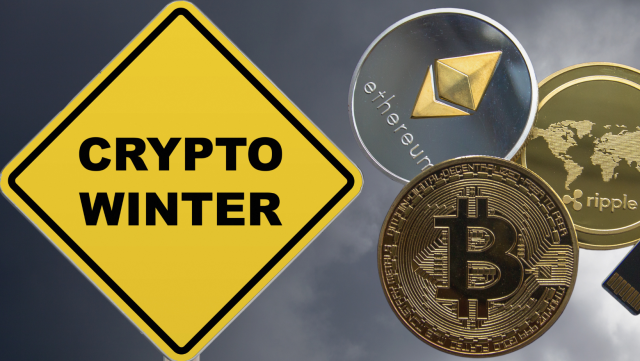The US Federal Reserve Board stated on Monday that it is eliminating “reputational risk” as a supervisory tool for banks.
The move could potentially open the digital doors for crypto companies that have faced challenges dealing with banks. Reputational risk was often cited as justification for banks to avoid crypto-related businesses.
The US House Committee on Financial Services applauded the move, adding that it was directly aligned with a bill to limit bureaucratic overreach.
The Committee applauds the Federal Reserve Board’s decision to no longer consider reputational risk as a component of bank supervision exams. This decision directly aligns with Subcommittee Chairman @RepAndyBarr’s FIRM Act which advanced out of Committee in May. https://t.co/2GXqbdPEhL
— Financial Services GOP (@FinancialCmte) June 23, 2025
Clearing The Path For Crypto
The US central bank stated that its Board has started the process of “reviewing and removing references to reputation and reputational risk from its supervisory materials, including examination manuals.”
The Fed has now joined other American bank regulators, the Office of the Comptroller of the Currency and the Federal Deposit Insurance Corporation, in moving to drop the examination standard.
Reputational risk was seen as a major driver of debanking as financial instutions took this into account when evaluating a client’s suitability for access to their services. It also proved a major hurdle for crypto companies and organizations under the Biden administration, which was at war with the industry with Operation Chokepoint 2.0 and similar politicized weapons.
More than 30 crypto and tech companies were denied US banking services following the 2023 crypto bank collapses, creating industry-wide banking access problems under Biden’s Operation Chokepoint 2.0.
This is “clearing the path for banks to work with crypto without fear of getting flagged for it,” said Bitcoin OG Kyle Chassé.
In February, Representative Dan Meuser and other lawmakers sent a letter to the FDIC calling for clearer digital asset rules and anti-debanking measures.
Debanking continues globally
Debanking is when banks close or restrict access to accounts for individuals or organizations they consider to pose a financial, legal, or reputational risk.
They can target a complete industry, such as crypto, or individuals who make transactions with crypto exchanges.
Debanking is particularly prevalent in third-world countries where citizens often struggle to produce the raft of KYC documentation banks demand these days.
This was one of the reasons that crypto was created: to cut out the middleman (the bank) and transact peer-to-peer. However, more than 15 years after Bitcoin was activated, banks still rule the roost.











